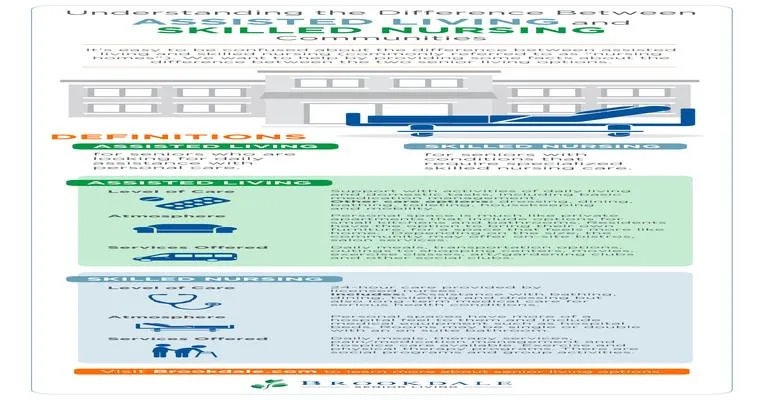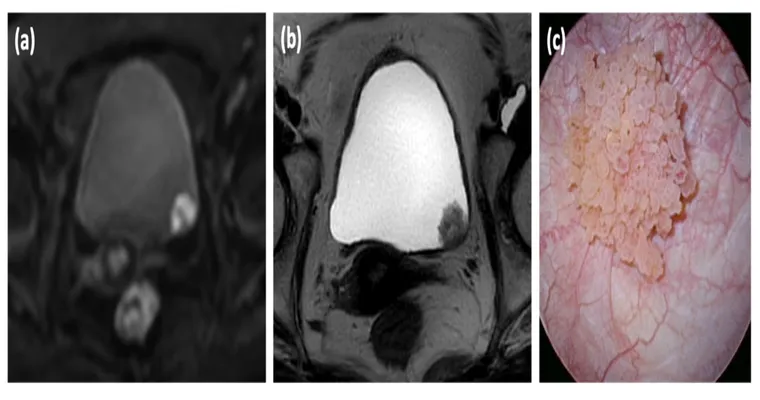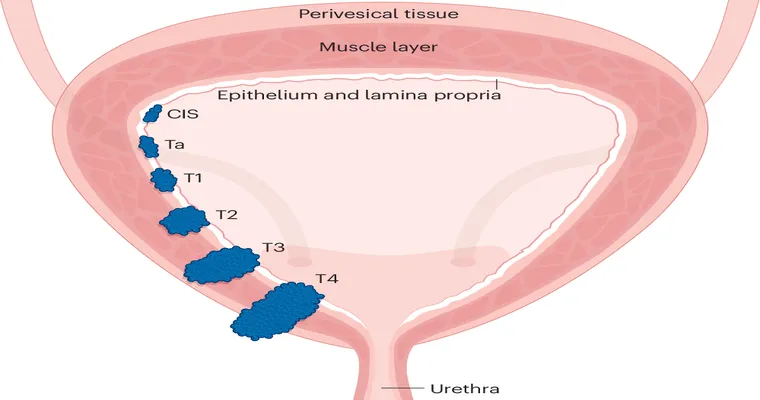When considering care options for loved ones, families often grapple with the choice between "assisted living" and "skilled nursing". Both options provide valuable support, but they cater to different needs. Understanding the nuances and exploring what lies in between these two types of care can help families make more informed decisions.
Understanding Assisted Living
"Assisted living" facilities are designed for individuals who require some assistance with daily activities but do not need round-the-clock medical care. These communities typically offer help with tasks such as bathing, dressing, medication management, and meal preparation. The environment is often more social and community-oriented, promoting independence while ensuring safety and support.
Exploring Skilled Nursing Facilities
In contrast, "skilled nursing facilities" (SNFs) are geared toward individuals who have more complex medical needs, requiring continuous supervision and care from trained medical professionals. This level of care is often necessary for those recovering from surgery, managing serious illnesses, or living with chronic conditions. Skilled nursing offers comprehensive medical services, including rehabilitation therapies, pain management, and specialized medical treatments.
What’s in Between: Memory Care and Home Health Care
For families looking for options that bridge the gap between "assisted living" and "skilled nursing", there are a couple of alternatives worth considering:
1. "Memory Care": This specialized form of assisted living is tailored for individuals with Alzheimer's disease, dementia, or other cognitive impairments. Memory care communities provide a secure environment with staff trained to support residents with memory-related challenges. They offer a mix of independence and assistance, bridging the gap between general assisted living and skilled nursing care.
2. "Home Health Care": Another option is home health care, where medical professionals provide nursing services in the comfort of the individual’s home. This arrangement can include physical therapy, medication management, and personal care assistance. Home health care allows seniors to maintain their independence while receiving necessary medical support, serving as a middle ground for those who may not be ready for a facility but need more help than typical assisted living provides.
Choosing the Right Option
Selecting the appropriate care option ultimately depends on the individual's specific needs, preferences, and health conditions. Families should assess the level of assistance required and consider the emotional and social aspects of the care environment. Visiting various facilities, speaking with staff, and understanding the services offered can help families make the best choice.
Conclusion
The decision between "assisted living" and "skilled nursing" can be complex, but exploring the options in between, such as memory care and home health care, provides families with a broader understanding of available resources. By carefully evaluating the needs of loved ones, families can choose a care solution that fosters independence, ensures safety, and meets medical requirements.





